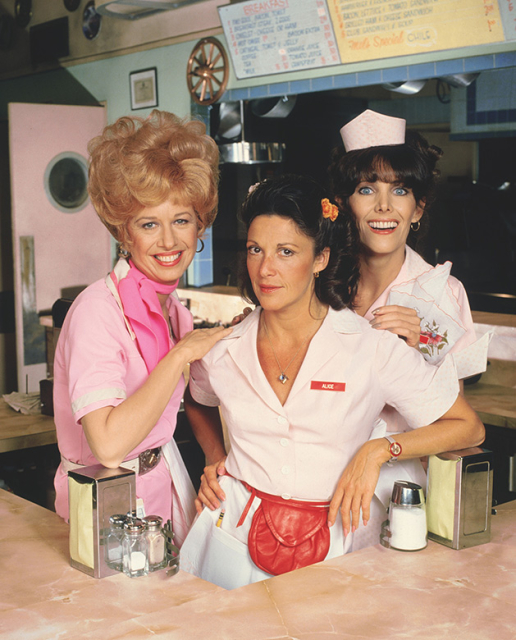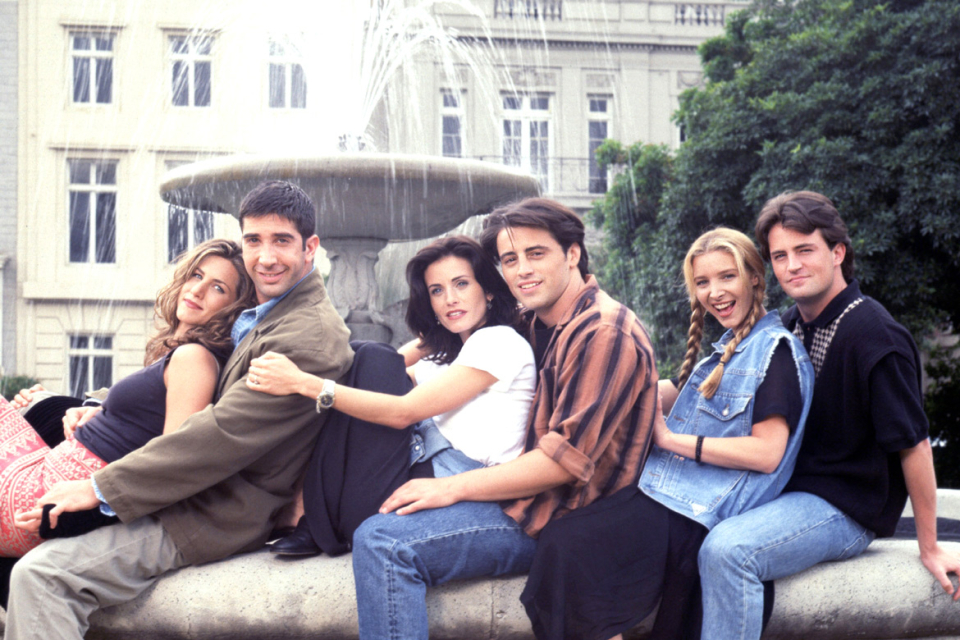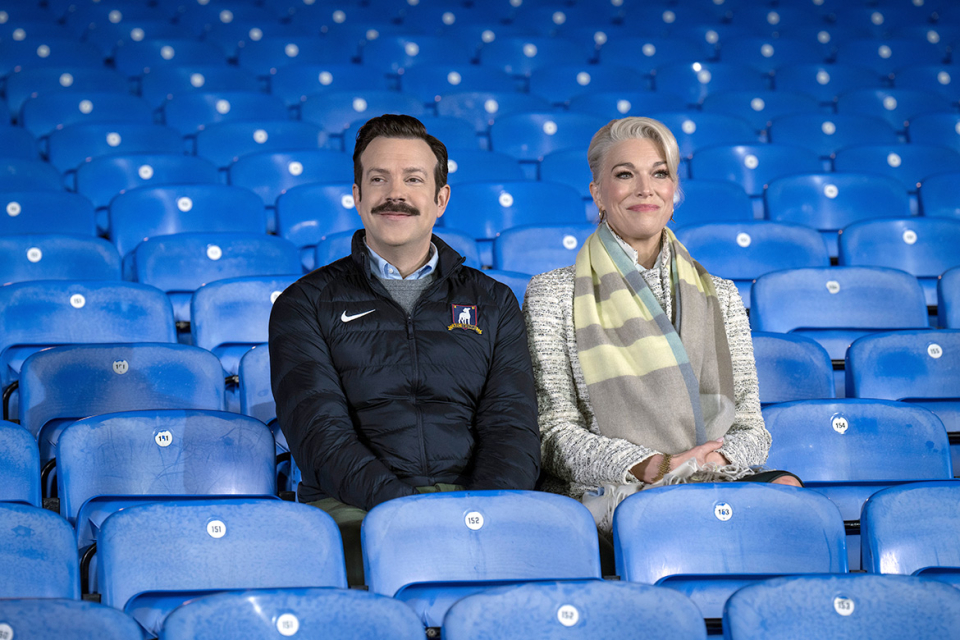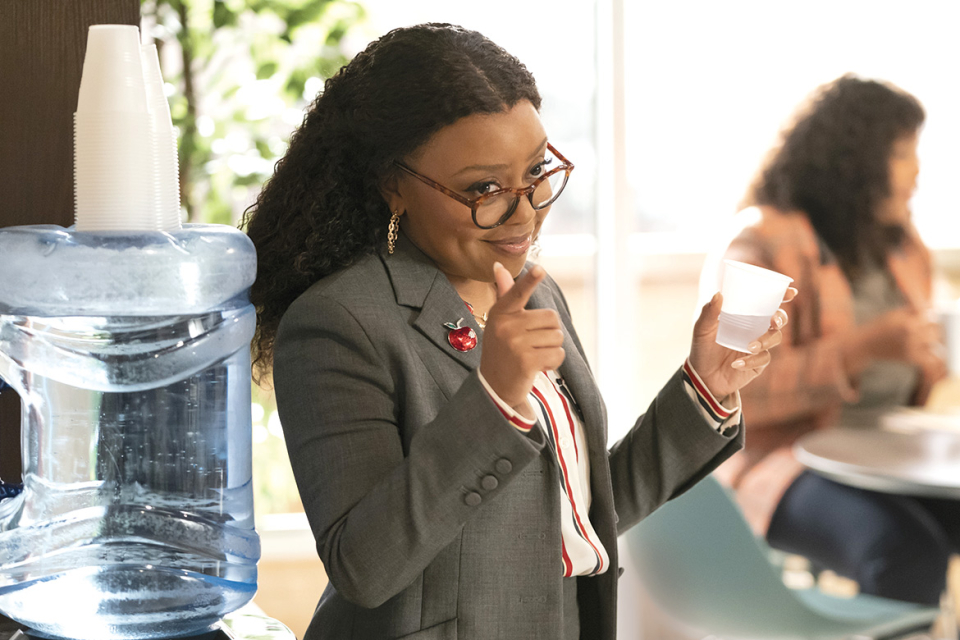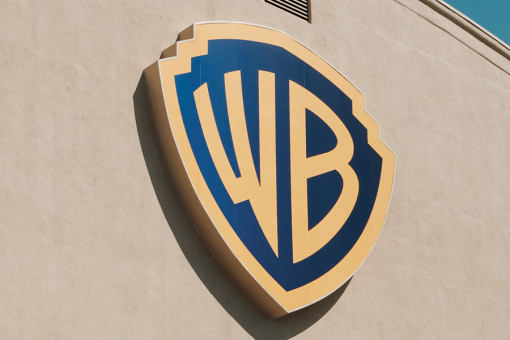At first, it didn’t seem like Warner Bros. Television Studios would ever get serious about comedy. Even though the production and distribution company was launched in 1955, it took seven years of cowboys and private eyes before it came up with its first situation comedy, Room for One More. The ABC series only lasted half a season, and it would be another two years before the studio tried again with a TV version of No Time for Sergeants, which had been successful as a novel, play and film. That did better, lasting one entire season on ABC before getting the axe.
A funny thing happened on the studio’s way to being funny, though. After a couple of other less-thanstellar attempts at crafting comedies, Warner Bros. Television bought The Wolper Company and, along with it, the comedies Welcome Back, Kotter and Chico and the Man. Around the same time, it developed a TV version of another hit comedy feature, and in 1976, Alice put the studio on the map. Ever since, WBTV has been one of TV’s true homes for humor.
From Full House and Friends to Ted Lasso and Abbott Elementary, WBTV continues to develop some of television’s most popular sitcoms. Along the way, it’s brought in other comedy-friendly companies like Lorimar and Witt/Thomas Productions, adding to its reputation. As far as executive vice-president of creative affairs Clancy Collins White is concerned, there’s a simple reason for all of this success.
“As one of the big, great independent studios, we can sell everywhere, and because vertical integration is at a fever pitch, creators really love that idea,” she explains. “What’s great about that is it allows for a commonality in the shows, and all of them — hopefully — make you laugh and feel. Usually there is something very personal about them, to the point where only the person creating them is the one best-served to tell that story. Our creators love working here because — in addition to the fact that we’re incredibly supportive — that gives us the flexibility to say, ‘We love this idea. Let us go find a home for it.’ Our independence allows us to place their work at the right home.”
Collins White is convinced the best comedies need to have something to say about what people are struggling with. “I think ours do so beautifully,” she says.
According to Channing Dungey, chairman and CEO of the Warner Bros. Television Group, the company learned long ago that the key to TV comedy is as much people as it is punchlines. Success comes from understanding how viewers “form these relationships with the characters, and [because] those characters don’t necessarily change so much from episode to episode, you kind of count on the fact that they’re going to react to certain things in a certain way.” Predictability is part of the pleasure in a comedy, she adds, because it allows “characters to become your family in a way that doesn’t happen with dramas.”
Nowhere has that bond been more apparent in recent years than with WBTV’s Ted Lasso, an earnest comedy about an American football coach who moves to London and manages a soccer team. Its three seasons on Apple TV+ resulted in 13 Emmy wins, including two for Outstanding Comedy Series. The show became a critical and cultural smash because it gave people not just what they wanted but also what they needed at a very critical time. Dungey arrived at WBTV a few months after Ted Lasso debuted, so she first experienced the show not as an executive but as a word-of-mouth viewer.
“It became a part of the pandemic phenomenon for me, where everyone was talking about what they were doing and what they were watching,” she says. “Ted Lasso was the thing that kept coming up again and again. My husband actually started watching it before I did, and he’s a comedy guy by nature. He told me, ‘You’ve got to watch this with me. You’re going to love it.’”
“Comedy is a respite,” says Adrienne Turner, WBTV senior vice-president and head of comedy development. “People want to laugh. People need to laugh. And Ted Lasso entered the world at exactly the right time. We were at the tail end of the traumatic summer of 2020, and Ted came into our lives smiling and laughing and telling us to hope and believe. More than with dramas, viewers invite characters in comedies into their homes, to the point where you feel like you know them.”
She and her colleagues speak from personal experience. Turner grew up a devoted fan of The Cosby Show and Cheers. Dungey remembers “watching The Cosby Show as a family … that was something we all loved doing together. Later, it was the Different World girlfriends.” Collins White was weaned on I Love Lucy and All in the Family, along with The Cosby Show and Seinfeld. All their early favorites had another ingredient in common with the series they look for now: timelessness.
“I know amongst Millennials and Gen Z-ers, there is nostalgia when they watch a show like Friends,” Dungey says. “The show is from a time when people would gather in a coffee shop, and nobody was on their phones. We’ll never have that again. But even viewers who communicate mostly through texting, who have their own inside jokes and their own catchphrases, find what happens in Friends relatable — even if it’s not quite the same. The world of the show looks different, but the relationships are still the same.”
The complete version of this article originally appeared in emmy magazine issue #4, 2024, under the title "Laugh Factory."



